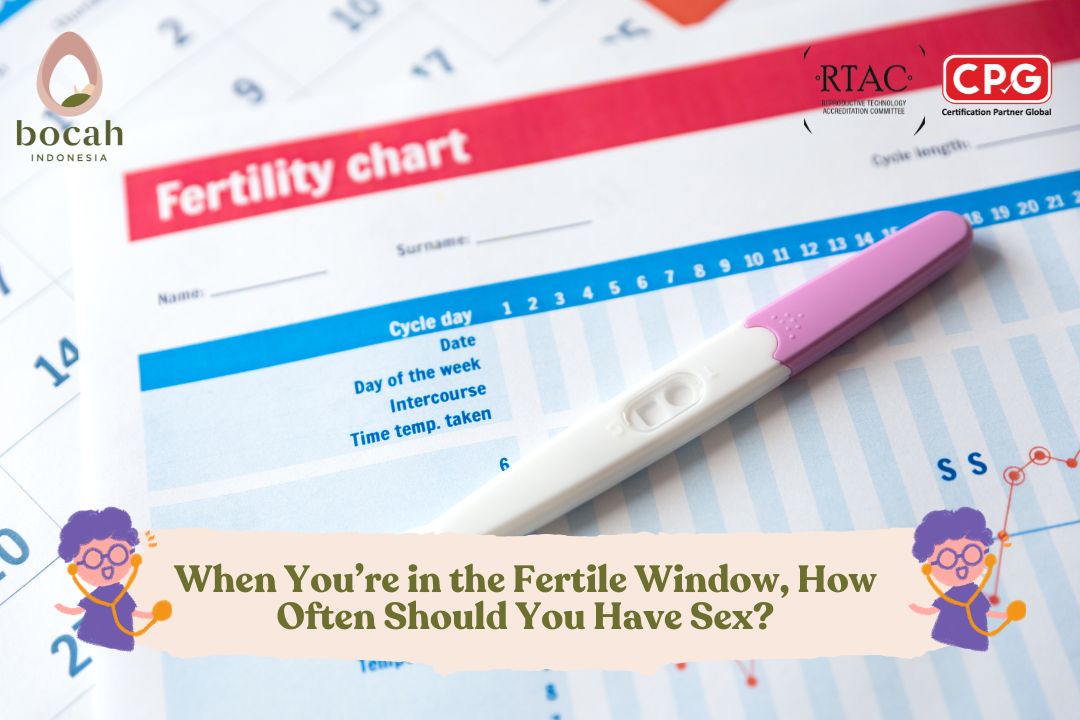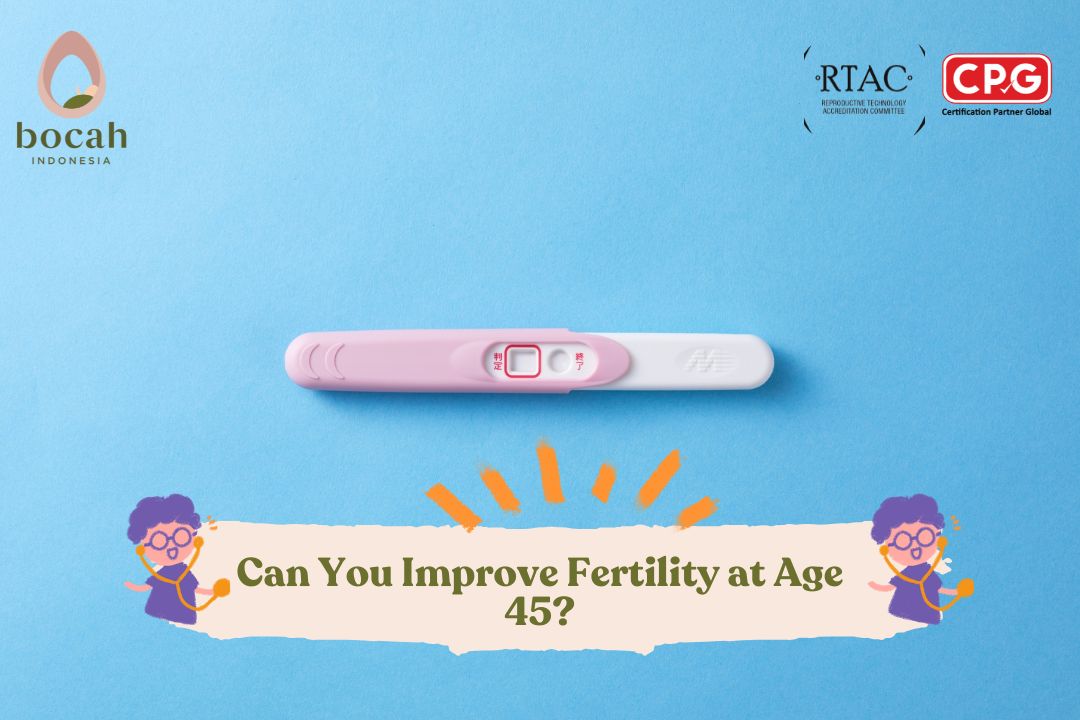When Should You Consult an Obstetrician-Gynecologist?

An obstetrician-gynecologist (OB-GYN) is a medical doctor who specializes in managing pregnancy, reproductive health concerns, and childbirth.
Many people may already be familiar with OB-GYNs. However, there is still a common misconception that they are solely for pregnancy check-ups and deliveries. In reality, OB-GYNs also treat a wide range of women’s reproductive health conditions, including preventive care such as Pap smears, ultrasound examinations, and pelvic assessments.
OB-GYNs are specialists in obstetrics (the study and care of pregnancy and childbirth) and gynecology (focused on the female reproductive organs and related conditions).
OB-GYN Subspecialties
Similar to other medical fields, obstetrics and gynecology include a number of subspecialties, such as:
1. Endocrinology and Fertility (Sp.OG, Subsp. FER or Sp.OG-KFER)
This subspecialty focuses on infertility and hormonal issues. OB-GYNs in this field can diagnose fertility problems and create treatment plans, including assisted reproductive technologies like in vitro fertilization (IVF) or intrauterine insemination (IUI).
A doctor with the title Sp.OG, Subsp. FER or Sp.OG-KFER is specialized in reproductive endocrinology and infertility.
Tanya Mincah tentang Promil?
2. Maternal-Fetal Medicine (Sp.OG, Subsp. KFM or Sp.OG-KFM)
Maternal-fetal specialists manage high-risk pregnancies and related complications. They ensure the well-being of both mother and baby, especially in cases of chronic hypertension, recurrent miscarriages, or preterm labor. They also oversee complex deliveries, such as breech vaginal births.
3. Gynecologic Oncology (Sp.OG., Subsp. Onk or Sp.OG(K)Onk)
This subspecialty is focused on diagnosing and treating cancers in the female reproductive organs, such as cervical cancer and ovarian cancer.
4. Urogynecology and Pelvic Reconstructive Surgery (Sp.OG., Subsp. Urogin RE)
Doctors in this field treat urinary tract disorders and pelvic floor dysfunction in women. Conditions such as pelvic organ prolapse, which can be caused by aging or childbirth, are treated with physical therapy or surgical repair.
Common Conditions Treated by OB-GYNs
OB-GYNs can diagnose and treat various medical conditions, including:
-
Abnormal vaginal bleeding
-
Genital itching or irritation
-
Endometriosis
-
Pelvic pain
-
Urinary tract or vaginal infections
-
Hormonal imbalances
-
Cervical cancer
-
Fertility issues
-
Reproductive system abnormalities
-
Egg freezing
-
Uterine fibroids
-
Menstrual disorders
-
Miscarriage
Medical Procedures Performed by OB-GYNs
Besides consultations and diagnostics, OB-GYNs are also skilled in various medical procedures, such as:
-
Cesarean section (C-section)
-
Hysterectomy
-
Removal of uterine fibroids and ovarian cysts
-
Pelvic reconstructive surgery
They also provide preventive and fertility-related care, including:
-
Pap smears for cervical cancer screening
-
STI screenings
-
Egg retrieval for IVF or egg freezing
-
Fertility counseling and treatment
-
Prenatal and postpartum care
-
Contraceptive device insertion
-
Reproductive oncology procedures
When Should You Visit an OB-GYN?
According to the American College of Obstetricians and Gynecologists (ACOG), women should have their first OB-GYN visit between the ages of 13 and 15.
If there are no medical issues and the patient is not yet sexually active, a pelvic exam may not be necessary—unless there are symptoms such as abnormal bleeding or pain.
The first Pap smear and pelvic examination are recommended at age 21 or when a woman becomes sexually active.
ACOG also advises that healthy women should see their OB-GYN at least once a year for preventive screening.
Tips for Choosing the Right OB-GYN
Choosing the right OB-GYN is essential and not limited to pregnancy-related concerns. Here are several tips for those planning to consult an OB-GYN:
1. Ask for Recommendations
Get referrals from trusted sources like family, friends, or online communities. You can also check reviews on social media and healthcare platforms.
2. Check Licenses and Certifications
Verify the doctor’s credentials through official hospital websites or health boards to ensure they are licensed and board-certified.
3. Choose a Comfortable Location
Some OB-GYNs practice in hospitals, while others have private clinics. Choose a location where you feel most at ease for your consultation or treatment.
4. Consider Your Budget
Check the consultation fee in advance and consider potential additional costs such as lab tests, prenatal care, or delivery services like a C-section.
In conclusion, if you’re experiencing any symptoms or simply want to maintain your reproductive health, don’t hesitate to schedule a visit with your OB-GYN.
References:
-
The American College of Obstetricians and Gynecologists. Your First Gynecologic Visit.
-
Bhat, A., et al. (2018). The Obstetrician–Gynecologist’s Role in Detecting, Preventing, and Treating Depression. Obstet Gynecol, 129(1): 157–163.









